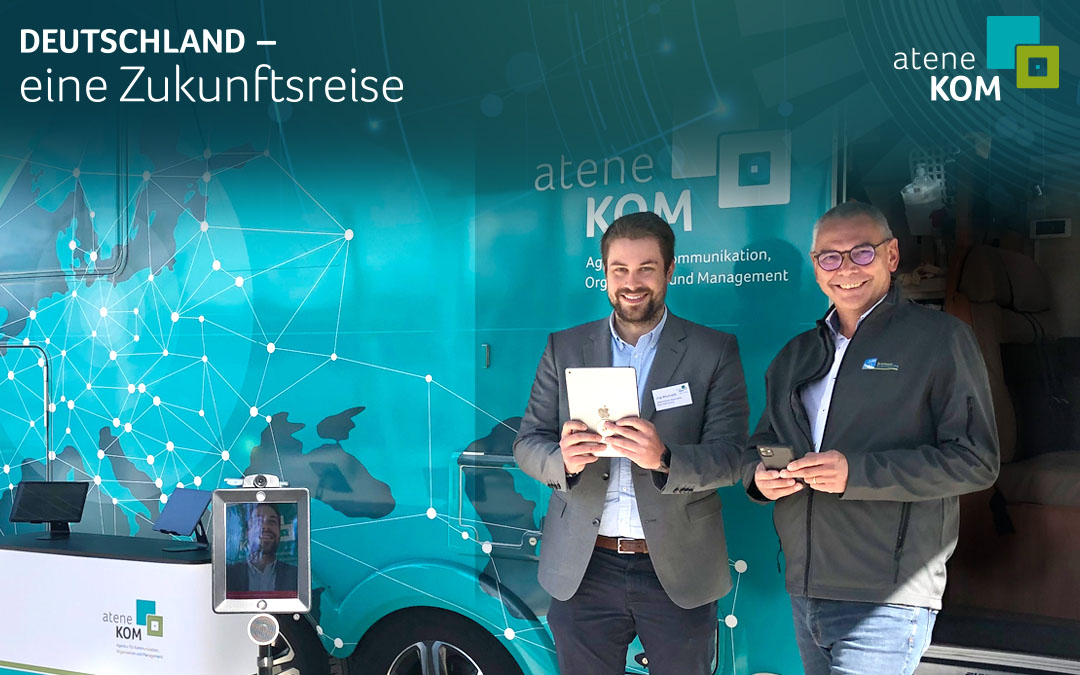On the aconium GmbH journey into the future, we meet people for whom digitalization is more than just a buzzword. 3 questions for … Bernhard Schultes, Managing Director of Zweckverband Breitband Bodenseekreis.
What are the most exciting developments in the field of digitalization for you at the moment?
Bernhard Schultes: Digitalization is finding its way into all areas of life. In particular, the opportunities that are opening up in the field of medicine, for example through the use of artificial intelligence, will significantly improve healthcare systems for the benefit of the population. In the area of mobility, too, networking, digital guidance systems and needs-based public transport services offer enormous potential for improvement in terms of sustainability and climate protection.
Why are the topics of “digitalization” and “gigabit expansion” important for your district?
Schultes: “ The Lake Constance district in the heart of the four-country region is one of the most popular places to live in Germany and boasts an attractive landscape, a strong economy and an excellent quality of life. The combination of a flourishing economy, tourism, culture, education, mobility and desirable living space can only be maintained with a modern and efficient digital infrastructure. Fiber optic expansion is being consistently driven forward throughout the district, and municipal projects in particular are closing the gaps in rural areas with the help of public funding programs, thus ensuring equality and services of general interest.
If you are thinking about the future, then … Dare to look ahead.
Schultes: The year is 2030 and the comprehensive expansion of fiber optics throughout the Lake Constance region has been completed. All households, companies, educational institutions and authorities have access to the most modern and powerful network in Germany. Many medium-sized companies and service providers now prefer the Lake Constance region to urban centers. Here, a digital infrastructure at the highest level creates the future conditions for attractive living, sustainable mobility and state-of-the-art educational opportunities, even in rural areas. People have access to the best medical services, agriculture produces healthy food with minimal energy consumption and the population enjoys the location- and time-independent options offered by public administrations.

